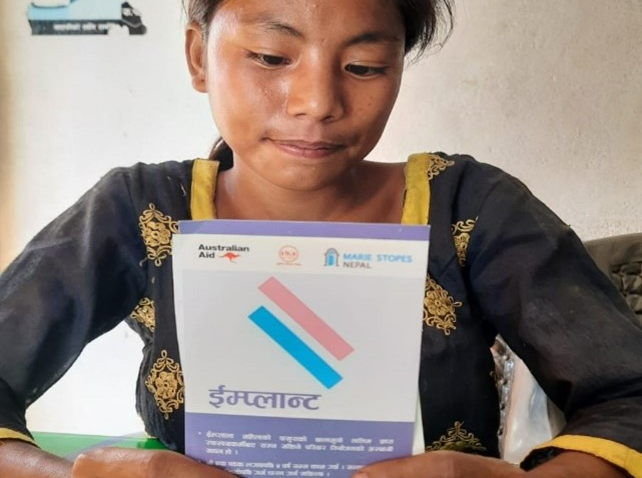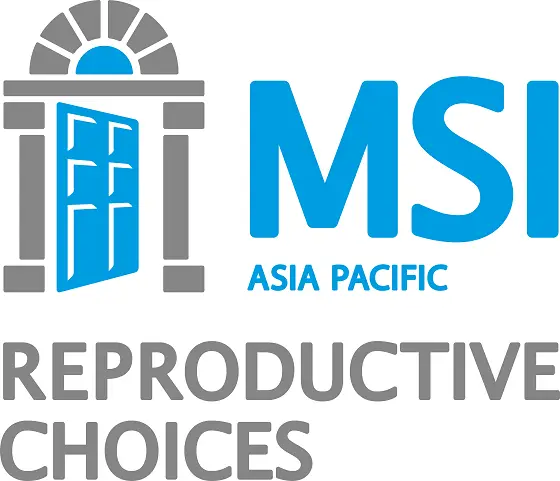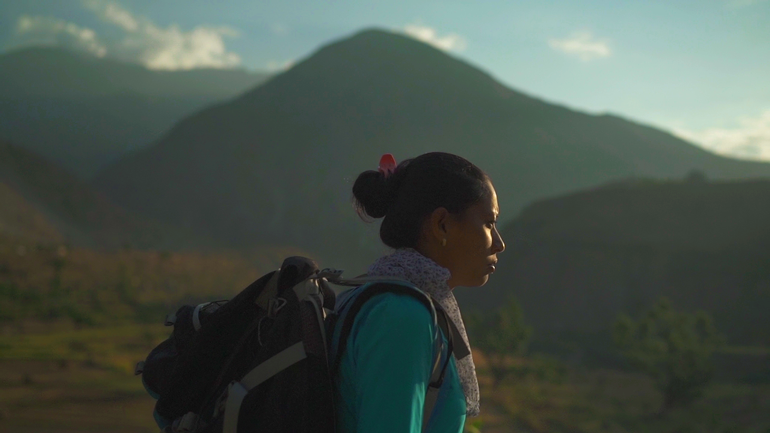October 17 marks International Day for the Eradication of Poverty.
Here, we share a story that highlights why sexual and reproductive healthcare is critical to ending intergenerational poverty.
In the remote hills of Sindhuli, Nepal, Maya’s* future was shaped by decisions she didn’t get to make. At just 16, pressured by her sister and brother-in-law, she was married to a man 19 years older. By 17, she was a mother.
At 18, she faced the heartbreak of losing a child. Maya and her husband worked hard, farming other people’s land, but their financial struggles kept them trapped in poverty. With no education and limited opportunities, Maya’s dreams of a better life seemed far away.
But hope arrived when Ambika, an MS Lady, came to Maya’s village. Ambika and her team weren’t just sharing information—they were offering life-changing options. They explained family planning, safe abortion, and sexual health services, options Maya hadn’t fully understood before.

Usually shy, Maya appreciated how patient and clear they were. “You provided complete information to a person like me who takes time to understand and is afraid of speaking,” she said.
Feeling empowered, Maya chose to use a temporary contraceptive method. It wasn’t just about avoiding another pregnancy—it was about reclaiming control over her life. With that decision, Maya could now plan for a future with greater stability and opportunity.
Feeling empowered, Maya chose to use a temporary contraceptive method. It wasn’t just about avoiding another pregnancy—it was about reclaiming control over her life. With that decision, Maya could now plan for a future with greater stability and opportunity.
Maya was excited to share the knowledge she had gained with her friends and neighbors, helping other women in her community make informed choices too.
The power of choice
Maya’s decision to use contraception was a bold step toward a brighter future. In Nepal, many girls like Maya are forced into early marriages and motherhood before they are ready.
But family planning gives them the power to choose when—or if—they have children. For Maya, it meant more control over her health, her family’s wellbeing and the ability to set her children up for success.
Family planning was her first step toward a future with greater possibility.
Breaking the cycle of poverty
Access to sexual and reproductive healthcare is essential for breaking the cycle of poverty. In rural communities across the Asia and Pacific regions, early marriage and adolescent pregnancies trap girls in lives of hardship.
But when women have access to family planning, they gain the power to decide their own futures.
For Maya, choosing contraception was the key to building a better life. MSI in Nepal is ensuring that even women in the most isolated areas can access life-changing services.
These services give them the tools they need to lift themselves and their families out of poverty. Thanks to this support, women like Maya aren’t just surviving—they’re breaking intergenerational cycles of poverty.
*Name has been changed for privacy.
Every donation helps us to build a world without poverty. Will you join us?

